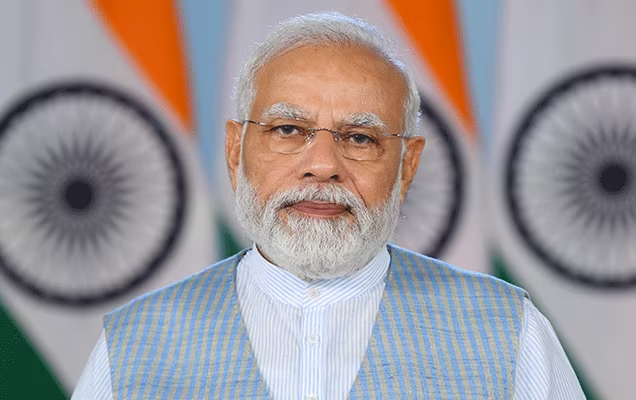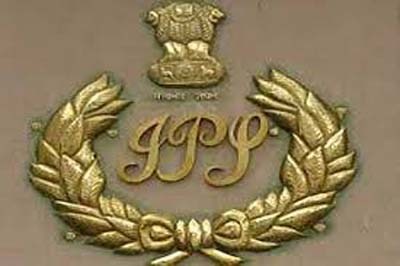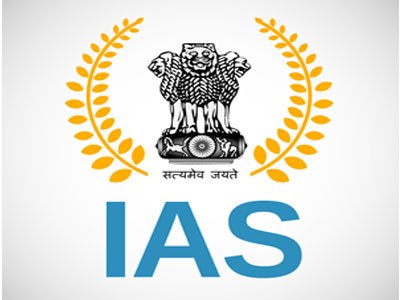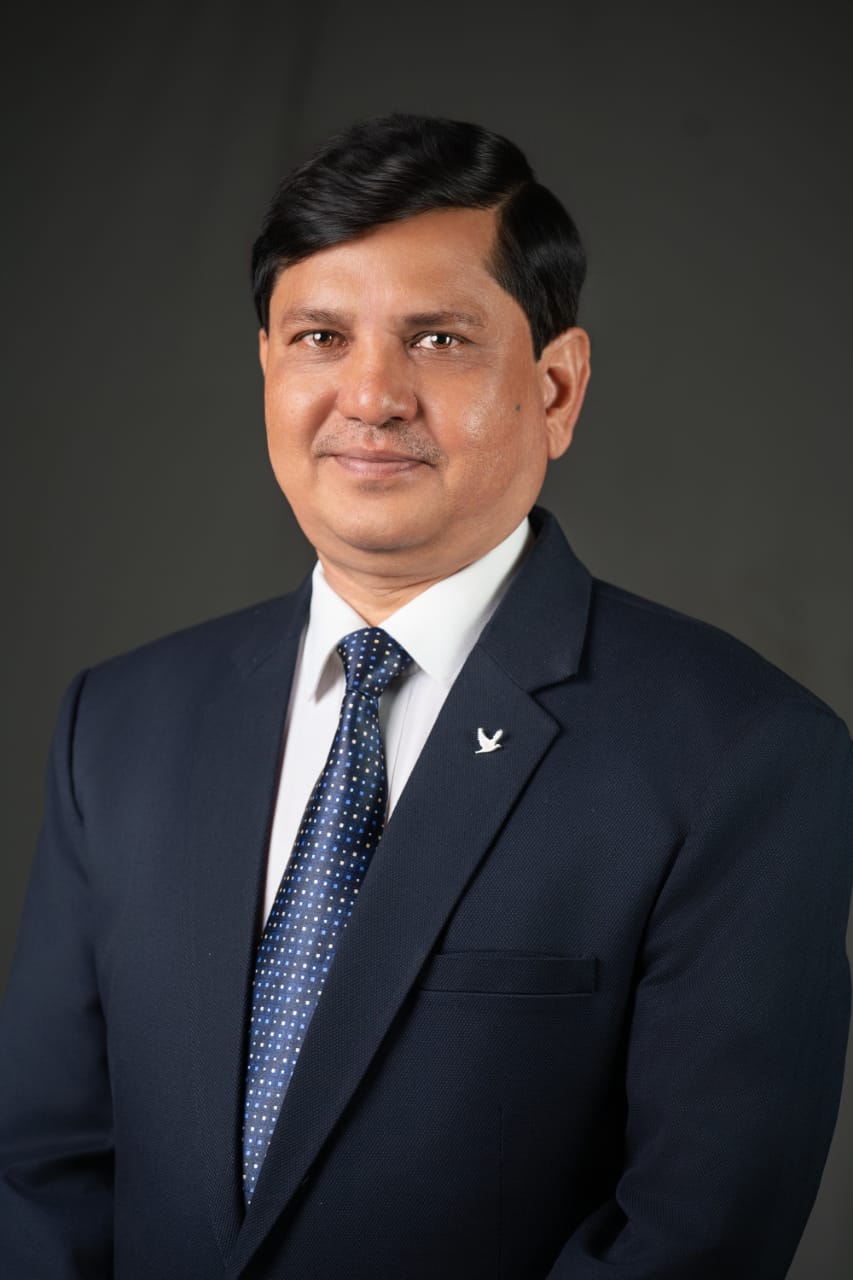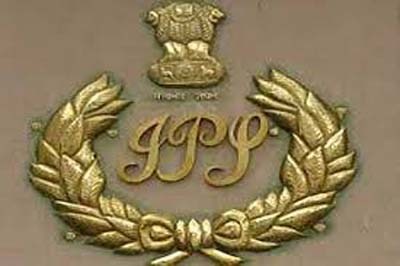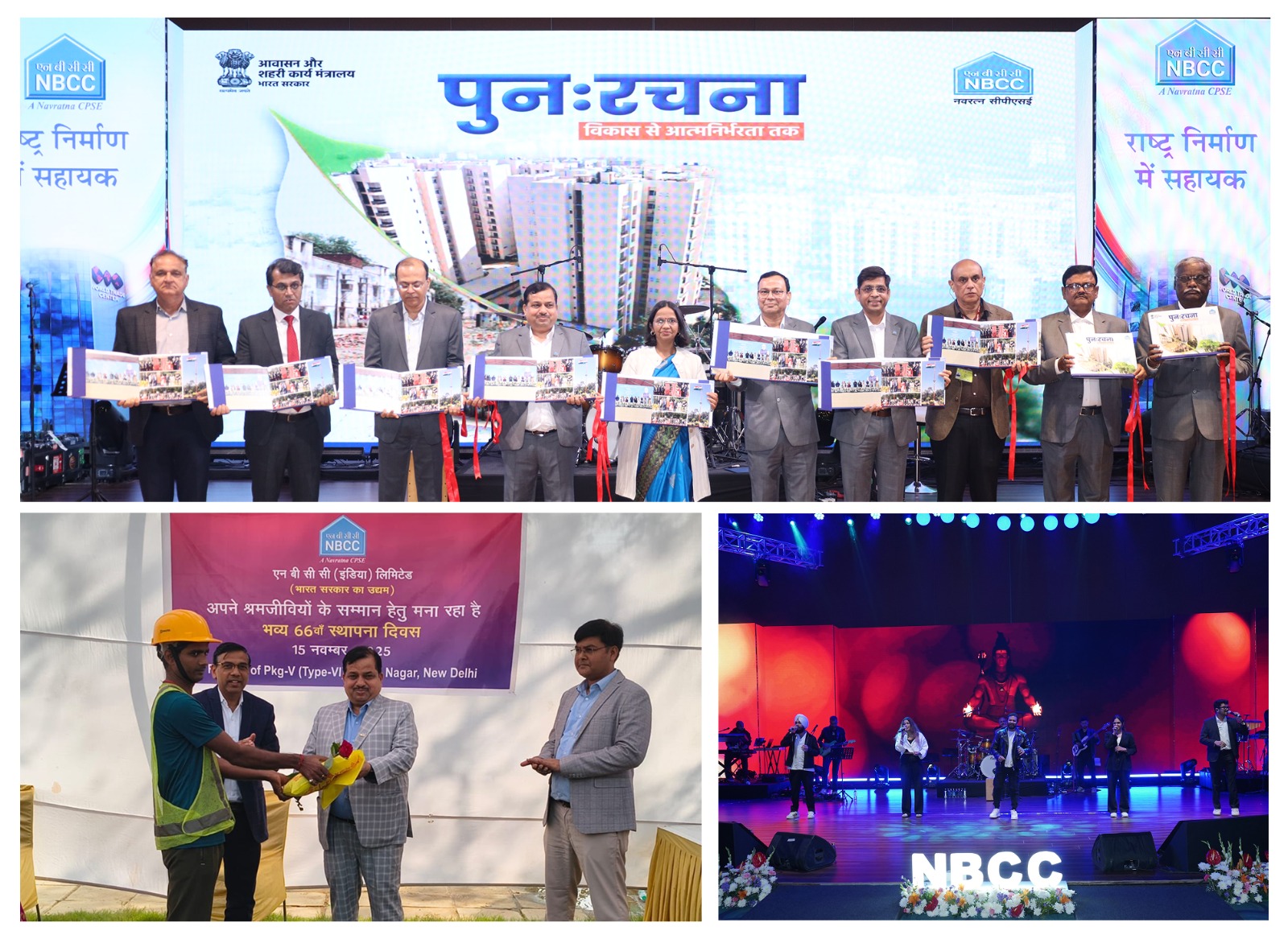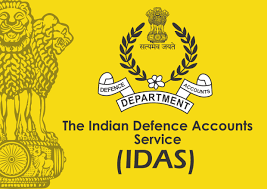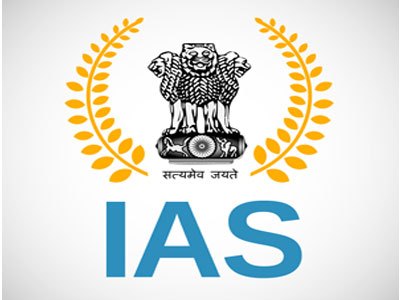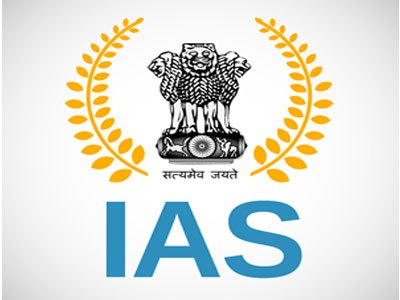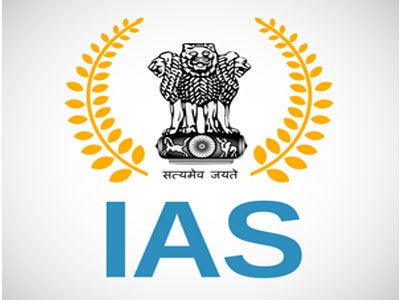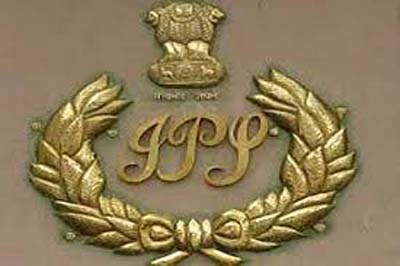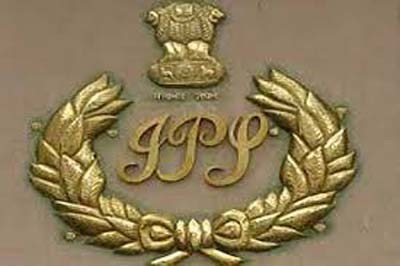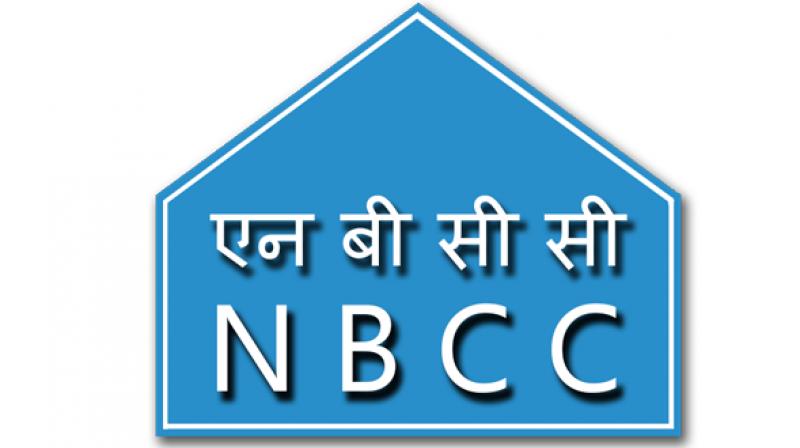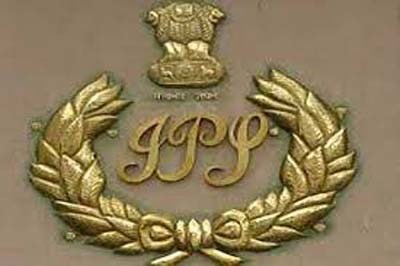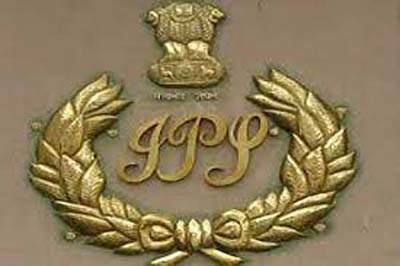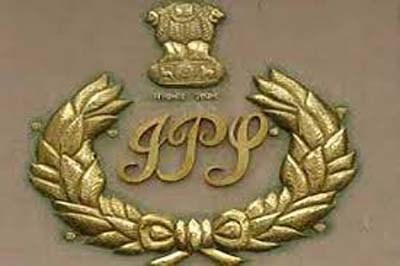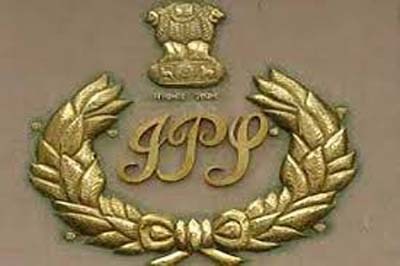Narendra Modi delivered the sixth Ramnath Goenka Lecture organised by The Indian Express in New Delhi today. Shri Modi remarked that today we have gathered to honour a distinguished personality who elevated the power of democracy, journalism, expression, and public movements in India. He highlighted that Shri Ramnath Goenka, as a visionary, an institution builder, a nationalist, and a media leader, established the Indian Express Group not merely as a newspaper but as a mission among the people of India. The Prime Minister noted that under his leadership, the group became a voice for India’s democratic values and national interests. He emphasized that in this era of the 21st century, as India moves forward with the resolve to become developed, Shri Ramnath Goenka’s commitment, efforts, and vision serve as a great source of inspiration. The Prime Minister expressed gratitude to the Indian Express Group for inviting him to deliver this lecture and extended his greetings to all present.
Highlighting that Shri Ramnath Goenka drew deep inspiration from a shloka in the Bhagavad Gita, explaining that this teaching—of performing one’s duty with equanimity towards joy and sorrow, gain and loss, victory and defeat—was deeply embedded in Ramnath Ji’s life and work. Shri Modi remarked that Shri Ramnath Goenka upheld this principle throughout his life, placing duty above all else. He noted that Ramnath Ji supported the Indian National Congress during the freedom movement, later backed the Janata Party, and even contested elections on a Jan Sangh ticket. Regardless of ideology, he always prioritized national interest. The Prime Minister stated that those who worked with Ramnath Ji over the years often recount numerous anecdotes he shared. He recalled how, after Independence, when the issue of atrocities by the Razakars in Hyderabad arose, Ramnath Ji assisted Sardar Patel. In the 1970s, when the student movement in Bihar needed leadership, Ramnath Ji, along with Nanaji Deshmukh, persuaded Shri Jayaprakash Narayan to lead the movement. During the Emergency, when one of the then Prime Minister’s closest ministers summoned and threatened Ramnath Ji with imprisonment, his bold response became part of history’s hidden records. The Prime Minister remarked that while some of these accounts are public and others remain undisclosed, they all reflect Ramnath Ji’s unwavering commitment to truth and his steadfast adherence to duty, regardless of the power he faced.
Shri Modi remarked that Shri Ramnath Goenka was often described as being impatient—not in a negative sense, but in a positive one. He highlighted that it was the kind of impatience that drives the highest levels of effort for change, the kind that stirs still waters into motion. The Prime Minister drew a parallel, stating “today’s India too is impatient—impatient to become developed, impatient to become self-reliant”. He observed that the first twenty-five years of the 21st century have passed swiftly, bringing one challenge after another, yet none could halt India’s momentum.
Noting that the past four to five years have been filled with global challenges, the Prime Minister said that in 2020, the COVID-19 pandemic disrupted economies worldwide, creating widespread uncertainty. The global supply chain was severely impacted, and the world began to drift towards despair. As conditions began to stabilize, turmoil emerged in neighbouring countries. Amidst these crises, India’s economy demonstrated resilience by achieving a high growth rate. Shri Modi highlighted that in 2022, the European crisis affected global supply chains and energy markets, impacting the entire world. Despite this, India’s economic growth continued strongly through 2022–23. In 2023, even as conditions deteriorated in West Asia, India’s growth rate remained robust. He emphasized that even this year, in the face of global instability, India’s growth rate is hovering around seven percent.
“At a time when the world is fearful of disruption, India is confidently moving in the direction of a bright future”, exclaimed the Prime Minister, asserting, “India is not just an emerging market, but also an emerging model”. He highlighted that the world today views the Indian Growth Model as a Model of Hope.
Emphasising that a strong democracy is tested on many parameters, one of the most significant being public participation, Shri Modi noted that the level of people’s confidence and optimism in democracy is most visible during elections. Referring to the results announced on 14 November, he said they were historic, and alongside them, one crucial aspect stood out—no democracy can afford to ignore the increasing participation of its citizens. He pointed out that this time, Bihar recorded the highest voter turnout in its history, with women’s turnout approximately nine percent higher than that of men. He affirmed that this too is a victory of democracy.
Prime Minister Shri Modi remarked that the results in Bihar once again demonstrate the high aspirations of the people of India. He stated that today, citizens place their trust in political parties that work with sincerity to fulfil those aspirations and prioritize development. The Prime Minister respectfully urged every state government—regardless of ideology, whether Left, Right, or Centre—to take note of the lesson from Bihar’s results: the kind of governance delivered today will determine the future of political parties in the years to come. He pointed out that the opposition was given 15 years by the people of Bihar, and while they had the opportunity to contribute significantly to the state’s development, they chose the path of jungle raj. The Prime Minister asserted that the people of Bihar will never forget this betrayal. He emphasized that whether it is the central government or governments led by various parties in the states, the highest priority must be development—development and only development. Shri Modi called upon all state governments to compete in creating better investment environments, to compete in improving ease of doing business, and to compete in advancing development parameters. He stated that such efforts will earn the trust of the people.
Shri Modi remarked that following the Bihar election victory, some individuals—including certain media personalities sympathetic to him—have once again claimed that their party and himself operate in a constant 24x7 election mode. He countered this by stating that winning elections does not require being in election mode, but rather demands being in emotional mode round the clock. He emphasized that when there is an inner restlessness to not waste even a minute, to reduce the hardships of the poor, to provide employment, to ensure healthcare, and to fulfil the aspirations of the middle class, then continuous hard work becomes the driving force. The Prime Minister asserted that when governance is carried out with this emotion and commitment, the results are visible on election day—as was recently witnessed in Bihar.
Sharing an anecdote about Shri Ramnath Goenka receiving a Jan Sangh ticket from Vidisha, Shri Modi said at that time, a discussion took place between Ramnath Ji and Nanaji Deshmukh on whether the organization or the face was more important. Nanaji Deshmukh told Ramnath Ji that he only needed to come for filing his nomination and later to collect his victory certificate. Nanaji then led the campaign through party workers and ensured Ramnath Ji’s victory. Shri Modi clarified that his intention in sharing this story was not to suggest that candidates should only file nominations, but to highlight the dedication of countless workers of their party. He emphasized that lakhs of karyakartas have nurtured their party’s roots with their sweat and continue to do so. He added that in states like Kerala, West Bengal, and Jammu & Kashmir, hundreds of karyakartas have even sacrificed their blood for the party. Shri Modi stated that for a party with such committed workers, the goal is not merely to win elections, but to win the hearts of the people through continuous service.
Emphasizing that for national development, it is essential that its benefits reach everyone, the Prime Minister stated that when government schemes reach the Dalits, the oppressed, the exploited, and the deprived, true social justice is ensured. He observed that in past decades, under the guise of social justice, certain parties and families pursued their own interests.
Shri Modi expressed satisfaction that today, the country is witnessing social justice being translated into reality. He elaborated on what true social justice means, citing the construction of 12 crore toilets which brought dignity to those forced to defecate in the open. He highlighted that 57 crore Jan Dhan bank accounts enabled financial inclusion for those whom previous governments did not even consider worthy of a bank account. He added that 4 crore pucca houses have empowered the poor to dream new dreams and enhanced their capacity to take risks.
